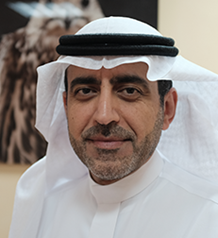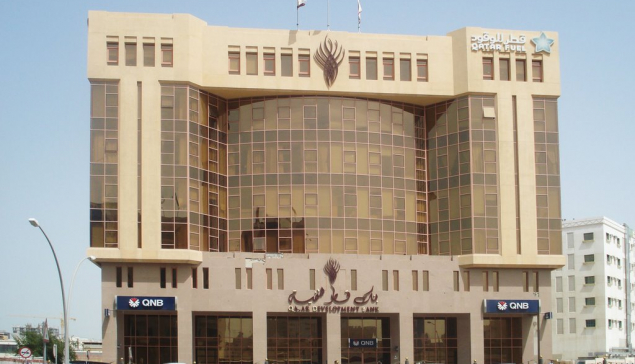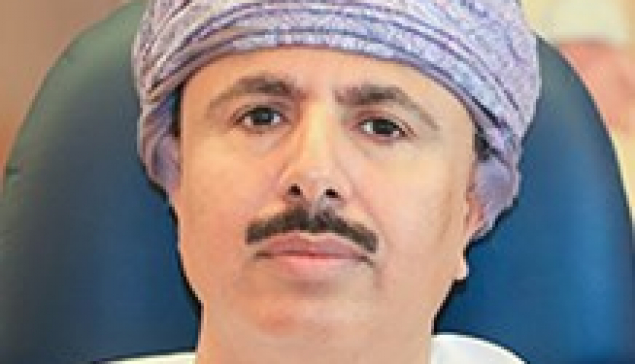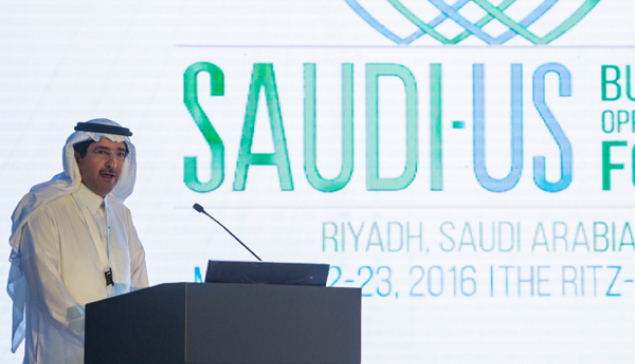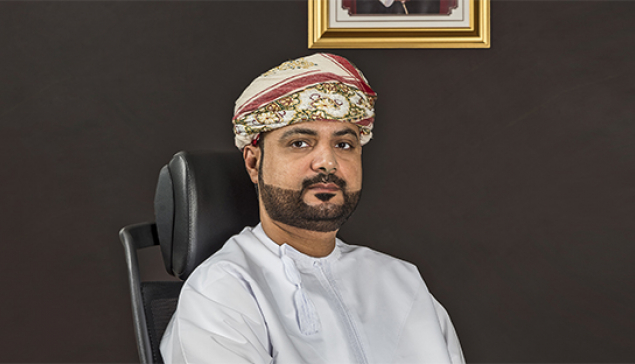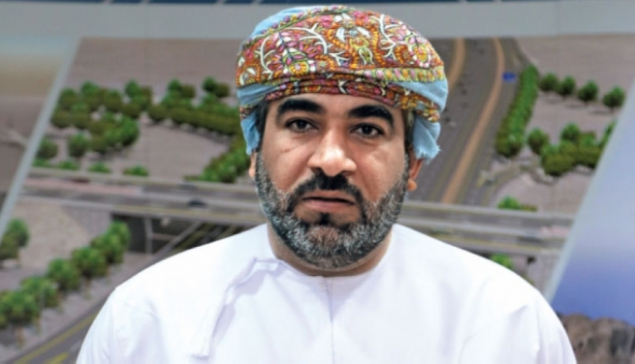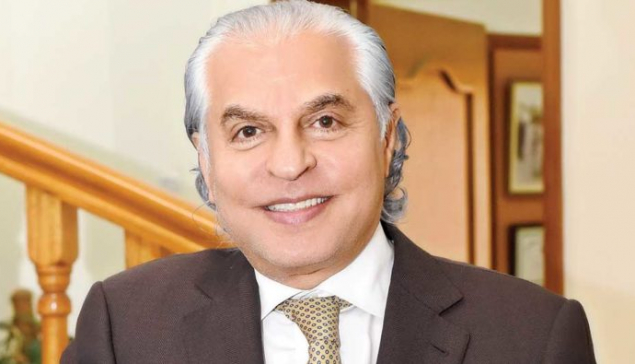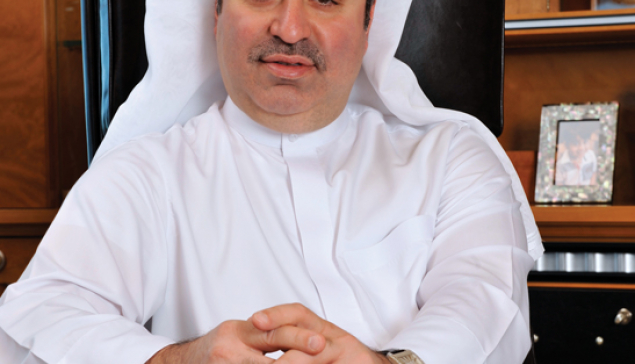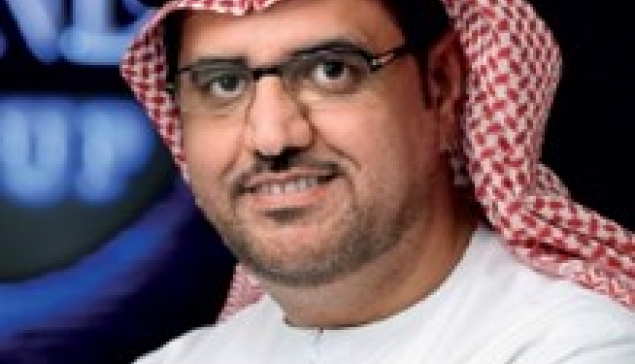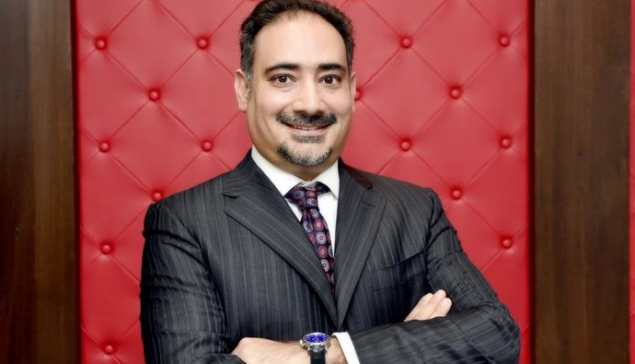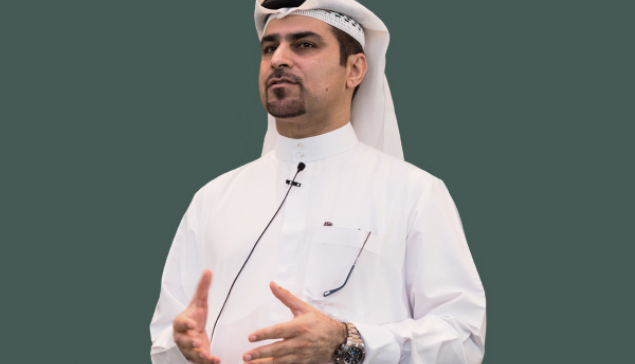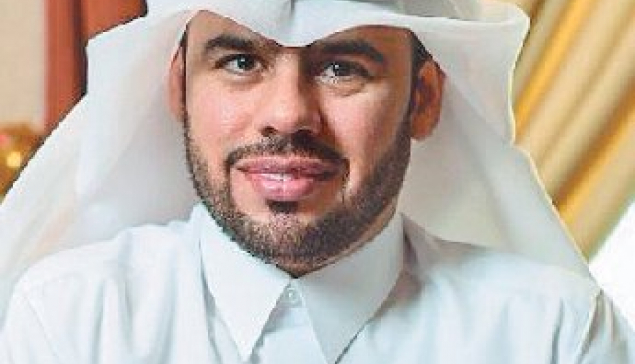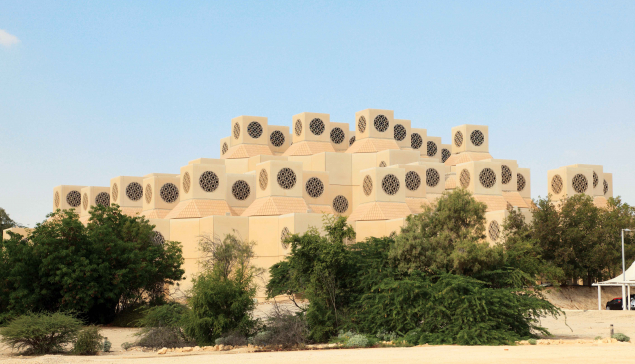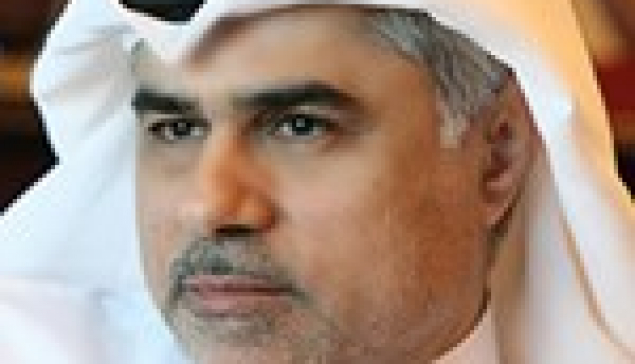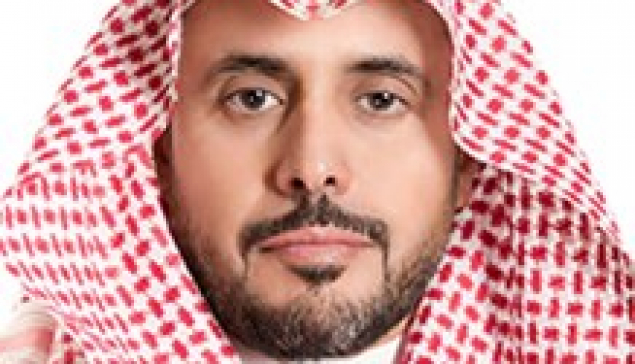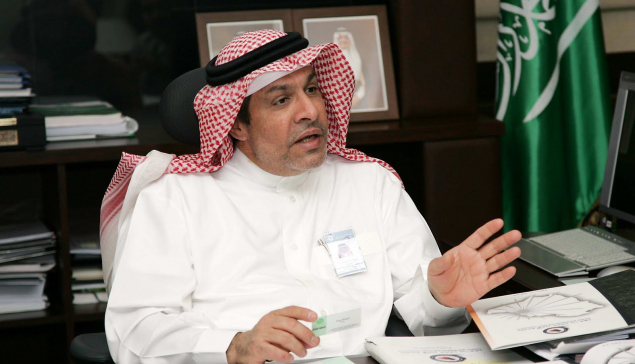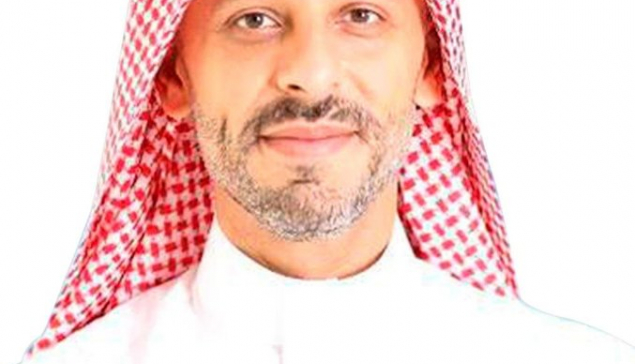How does the KKESH facility fit into the healthcare system in Saudi Arabia?
KKESH started operations on November 1983 as an eye care unit. It focuses on ophthalmology and all our services are within the ophthalmology profession, with all its sub specialties. When the hospital was set up, the idea was to have the best Ophthalmic Institution to serve the people in the country and the region and also serve as an educational and training center for future professionals within Saudi Arabia. The third mission was to be a research center for eye care in the country; another area that KKESH is covering is public and community education. These are the main pillars of KKESH's functions.
How have the Vision 2030 reforms in the health sector changed the way you operate?
Since its foundation, KKESH has focused on delivering its services and training future ophthalmologists in the kingdom and the GCC. Now and in compliance with Saudi Arabia's Vision 2030, our role has expanded to include developing and supervising national eye care programs and community services. KKESH's impact on ophthalmology in Saudi Arabia currently is huge; about 52% of all consultants working in the country have been trained at KKESH, 100% of ophthalmic technicians graduated from KKESH, and around 57% of the cornea transplants within the country are done by us. We provide the corneas of the other transplants as we have the only fully serviced eye bank in the country. Thus, the impact of KKESH on Saudi ophthalmology and even the GCC is huge. In many aspects of eye care, KKESH is quite developed compared to other centers in the region. For example KKESH is the first hospital in the Middle East to reach HIMSS 7 stage in Electronic Medical Records (EMR). This is a measure of the adoption and utilization of EMR functions required to achieve a paperless environment in order to optimize patient care. Level 7 being the highest. To date, there are only three hospitals in Europe that reached this level.
KKESH advised the government on the new model of care currently being rolled out by the ministry. What is unique about your operations?
In terms of the new model of care proposed by the ministry, there have been several pathways for care and KKESH, because of its extensive experience in day care surgery and rapid delivery of services, was selected to lead the development of the “Planned Care” pathway for the whole country based on our own model. This is because in the last seven to 10 years we started shifting most of our operations to daycare services and a one-stop clinic, where we do everything for the patient in one visit. KKESH is unique because unlike the other medical cities that cover a clear area and population, KKESH covers the entire country for one expertise, and that has presented a challenge. We are the only tertiary eye care hospital in the country and, because we serve the whole population as well as the fact that there are no primary standalone eye care facilities, it was a challenge to build a complete cluster around KKESH.
What are the main challenges when it comes to implementing this new program of care?
In our case, the changes that are evolving are beneficial to KKESH's mission and to the service that we provide to the community because it now gives us a bigger role in influencing eye care throughout the whole country, which we did not have before. As a result, this will help patients receive better and more efficient and comprehensive treatment. Our plan is to expand the services that we provide at KKESH; we need to expand our medical staff, the support services, and the health team because there will be a greater need to see more patients and do more procedures, and in terms of expanding services there are major ambitious plans of establishing other centers throughout the kingdom that could be either part of KKESH or closely collaborating with it.
What are your key plans in the next 12 months?
The changes that we plan are the expansion of outpatient department and all our subspecialty services, because that has not had a major expansion since the establishment of the hospital. We plan in the coming months to have such an expansion and this will likely double the number of rooms in the emergency room. We will also make certain changes to the entrance of the hospital that will enhance accessibility and expand some of our clinics. We will also work on partnerships with international eye centers as well as with medical cities or even private hospitals. The new vision is to partner with the private sector and also international centers and hospitals.
- Super User
- Health
- Hits: 2460
